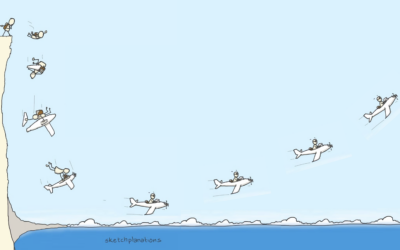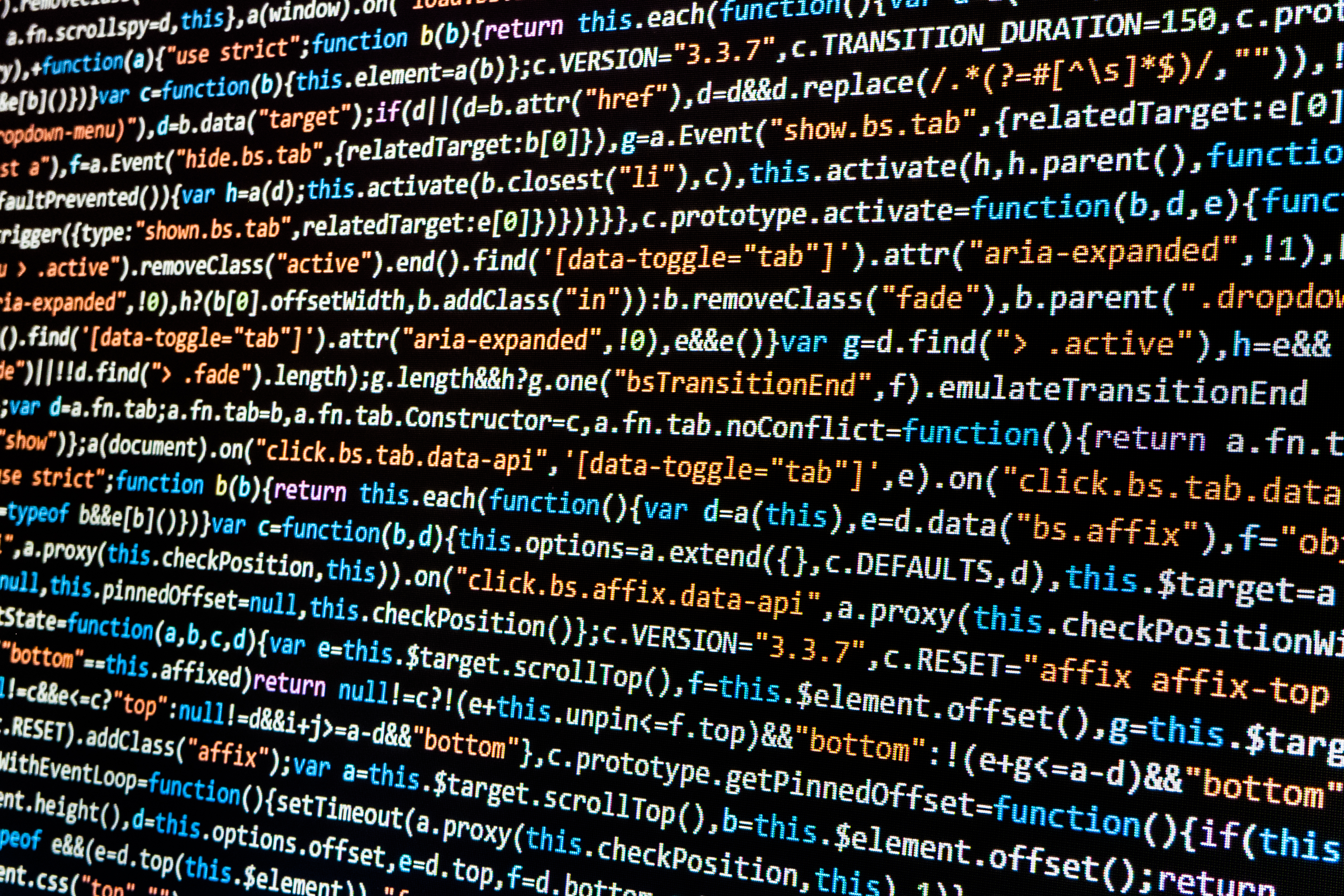AAJA(Asian American Journalists Association) N3(New Now Next) 컨퍼런스, “Money Behind Content: Fighting for the Right Balance(콘텐츠에 작동하는 자본의 힘: 올바른 균형을 위한 투쟁)”이라는 세션에서 이야기한 발표문입니다. 김현 변호사님 도움을 많이 받았죠.
The core profit model for a journalist company is the advertisement and subscription.
언론사의 핵심 수익 모델은 광고와 구독이죠.
Like any other countries around the world, Korean news publishers suffer from rapidly dropping advertisement and subscription revenues.
어느 나라나 마찬가지겠지만 한국의 신문사들은 광고와 구독이 둘 다 급격히 줄어들고 있습니다.
Still, paradoxically, no journalist company has closed shop during the last decade.
그런데도 한국에는 지난 10년 동안 문 닫은 언론사가 하나도 없습니다.
Rather, the number increased!
오히려 늘어났죠.
Very few individuals care to see paper newspaper
종이신문을 보는 개인 독자들이 거의 없고
(most of the subscribers are companies and government agencies),
(독자들 대부분이 기업과 정부부처)
and there’s practically no advertisement effect. Still, companies do publish advertisements on newspapers.
그래서 광고효과가 거의 없는데도 기업들이 광고를 꾸준히 하고 있기 때문입니다.
신문사들이 살아남는 비결은 두 가지입니다.
There are two secrets behind the survival of newspaper companies.
First, the newspaper posts a serious threat to companies.
첫째, 여전히 신문은 기업들에게 위협이 됩니다.
Some journalists say,
어떤 기자들은 이런 말을 하곤 하죠.
“I may not be able to make you thrive, but I can certainly make you go bankrupt!”
“내가 너를 잘 되게 만들 수는 없지만 망하게 만들 수는 있다.”
If no advertisement comes, they began attacks.
광고를 안 주면 공격합니다.
With advertisements, there’s a peace.
광고를 받으면 공격하지 않습니다.
A public relations officer in a company said,
한 기업 홍보 담당 임원은 이런 말을 합니다.
“Any news article that mentions the CEO or the president of the company, we have to remove at whatever cost. Like even if it costs 100,000 dollars.”
“회장 관련한 기사는 1억원을 주고라도 빼야 한다”
That is how most of the journalism in Korea survives.
그게 대부분의 한국 언론사들이 살아남는 방식입니다.
There are many instances of news articles disappearing.
기사가 사라지는 경우도 많습니다.
There are transactions where the disappearance of an article is traded for advertisement contracts.
기사를 빼주고 광고를 받는 거래도 있습니다.
Second, decreasing number of advertisement is compensated for by supports and sponsoring.
둘째, 광고가 줄었지만 협찬과 후원이 늘어나고 있습니다.
There is no official statistics on this,
공식적으로 집계조차 잘 되지 않지만,
But according to a research by Media Today,
미디어오늘 조사 결과,
Some of the companies recorded almost 60% of the advertisement revenue from supports and sponsoring.
일부 기업의 경우 협찬과 후원이 광고 집행 금액의 60%까지 늘어났습니다.
They pay money asking for a promotional news articles.
홍보 기사를 써달라고 하면서 돈을 줍니다.
Readers would believe that they are news articles. (They don’t even care to state that it’s an advertisement. And, you can clearly see it’s not what we call these days the native ads.)
독자들은 이게 기사라고 생각하겠죠. (광고라고 표기하지도 않습니다. 네이티브 광고와도 다르죠.)
Sometimes, they pay for an article that attacks a competitor.
가끔은 경쟁 업체를 공격하는 기사를 써달라고 하면서 돈을 줍니다.
Sometimes, an article that argues that a law should be passed,
And, other times, that a law should not be adopted. They are all traded.
어떤 법을 통과시켜야 한다는 기사,
또는 어떤 법을 통과시켜서는 안 된다는 기사를 요청하면서 돈을 줍니다.
The on-paper advertisement doesn’t work, anyway,
지면 광고는 어차피 효과가 없기 때문에
So, they pay money to buy newspaper articles, for better, more direct and immediate results.
돈을 주고 기사를 사고 직접적인 효과를 얻는 겁니다.
Astonishing number of news companies are engaged in this type of transactions.
굉장히 많은 언론사들이 이런 거래를 하고 있습니다.
(Sometimes, even the government buys an article with money.)
(심지어 정부도 기사를 돈 주고 삽니다.)
Lots of conferences and forums organized by news companies are supported by numerous company, at a cost of as little as tens of thousands of dollars to hundreds of thousands of dollars.
언론사가 하는 대부분의 컨퍼런스와 포럼도 기업들이 수천만원에서 수억원까지 후원을 합니다.
There’s even a newspaper company that boasts a million dollar revenue for a single conference!
컨퍼런스 한 번에 10억원을 벌었다는 언론사도 있습니다.
That’s a de facto bribery, for not attacking them.
우리 기업을 공격하지 말아달라는 사실상의 뇌물이죠.
Companies definitively prefer this types of transactions,
Because they certainly can block critical comments and control the public opinion,
For such a meager expense!
기업 입장에서는 비판적인 보도를 막고 여론을 콘트롤할 수 있기 때문에 크게 부담되는 금액이 아닙니다.
No native ads can take root in Korea.
한국에서는 네이티브 광고가 자리잡을 수 없습니다.
Very few trusts journalism,
언론의 신뢰도가 낮고
And, already most of the journalists have been engaged in the transaction of news articles for advertisements.
이미 대부분 언론사들이 오래 전부터 광고와 기사를 거래해 왔기 때문이죠.
The bondage between journalism and companies begets political biases.
언론과 기업의 유착은 정치적인 편향으로 나타납니다.
The journalism shares the interests with the advertisement accounts.
언론사가 광고주들과 이해관계를 같이 하기 때문이죠.
Conservative newspaper companies account for more than two-thirds of the overall revenue and circulation number of the overall newspaper market.
보수 성향 신문사들이 전체 신문시장의 매출과 발행부수에서 차지하는 비중이 3분의 2가 넘습니다.
These newspapers take the stand for companies on sensitive issues.
이 신문사들은 민감한 이슈가 있을 때 기업의 편에 섭니다.
They attack labor forces.
노동자들을 공격합니다.
They object to increased taxation.
증세에 반대합니다.
And, during elections, they release articles after articles favoring conservative political parties.
선거 때면 보수 정당에 우호적인 기사를 내보냅니다.
Main theme of the stories is how to earn money and make a living.
먹고 사는 문제가 논조를 규정합니다.
Many journalists have experienced their articles removed, or published with an entirely different themes.
많은 기자들이 기사가 삭제되거나 기사의 방향이 바뀌는 걸 경험합니다.
The contents distribution environment in Korea is very unique.
한국의 콘텐츠 유통 환경은 독특합니다.
30 million out of the internet-consuming 40 million users have designated the Naver as the start-up page of the PC web browser.
인터넷 인구 4000만명 중에 3000만명이 네이버를 PC 웹브라우저의 첫 화면으로 지정해 놓고 있습니다.
Even the mobile internet is heavily influenced by Naver.
모바일에서도 네이버의 영향력이 압도적입니다.
About 20 years ago, when we had a portal for the first time, Naver and Daum began purchasing news contents.
20년 전 포털 사이트가 처음 생겼을 때, 네이버와 다음이 뉴스 콘텐츠를 구매하기 시작했습니다.
When a journalist writes an article and sends it, then an editor uploads the same article twice, on their own website, and then on portal sites.
기자들이 작성해서 기사를 송고하면 편집자가 자사 사이트와 포털 사이트에 동시에 업로드합니다.
You can see all articles of all newspapers when you visit the portal site, so readers don’t even care to visit the newspaper sites.
포털 사이트에 가면 모든 언론사의 모든 기사가 있기 때문에 독자들은 굳이 언론사 사이트를 방문할 이유가 없죠.
Newspaper companies in Korea have practically no online profit model.
한국 언론사들에게 온라인에서는 수익모델이 거의 없습니다.
Online advertisements have such a low efficiency ratio,
온라인 광고는 효율이 너무 낮고,
So that they have to compete with quantity, not quality.
그래서 질보다는 양으로 승부할 수밖에 없습니다.
CPM (Cost Per Millennium) ranges between 500 and 4000 Korean Won.
CPM은 500~4000원 수준.
CTR (Click Through Ratio) is as low as 1 to 3%.
CTR은 1~3% 밖에 안 되죠.
CPC (Cost Per Click) is between 50 to 150 Won for mobile sites, and between 200 to 250 Won for PC websites (you can earn as much as 300 Won with Google Adsense).
CPC는 모바일은 50~150원. PC는 200~250원 정도. (Google adsense는 300원까지 나옵니다)
If you insert as many advertisements as possible, you can earn about 2 million Won for a 100,000 views, but that would result in a very unpleasant screen composition.
광고를 최대한 많이 붙이면 10만뷰에 200만원까지 나온다고도 하지만 굉장히 지저분해지겠죠.
No good, meaningful articles are read,
좋은 기사와 의미 있는 기사가 많이 읽히는 게 아니라,
But provocative, gossip-like articles are.
선정적이고 가십성 기사가 많이 읽히고
So, you have to display on the front page whatever article that can attract clicks.
클릭이 잘 되는 기사를 전면에 배치할 수밖에 없는 상황이죠.
It feels as though good articles worth reading are covered by garbage.
꼭 읽어야 할 기사를 쓰레기로 덮는다는 느낌이 듭니다.
Readers don’t trust journalism, and try to stay as much away from their websites as possible.
독자들이 언론을 불신하고 언론사 사이트를 멀리하게 되죠.
The Wall Street Journal gave up on the Korean language edition exactly for this reason.
월스트리트저널이 한국판 서비스를 철수한 것도 이런 이유에서입니다.
Even excellent articles earn very little advertisements.
좋은 기사도 광고 단가가 매우 낮기 때문이죠.
Brand advertisements are practically nonexistent on online.
온라인에서는 브랜드 광고가 거의 없고
and almost all online advertisements are paid for according to the degree of exposure and clicks.
거의 대부분 온라인 광고가 노출당 과금, 클릭당 과금 방식입니다.
Korean journalism has made a deal with corporate powers to survive.
한국 언론은 살아남기 위해서 자본 권력과 타협을 하고 있습니다.
In exchange for not writing articles criticizing corporations, they receive supports and sponsorships.
기업을 비판하는 기사를 쓰지 않고 그 대가로 광고와 후원을 받습니다.
To earn cheap internet traffics, they pour out low quality articles, degrading their own values.
값싼 트래픽을 얻기 위해 질 낮은 기사를 쏟아내면서 스스로 가치를 떨어뜨리고 있습니다.
All experiments for paywall methods has resulted in failure in Korea.
한국에서 페이월 방식의 유료화 실험은 모두 실패했습니다.
What meager hope left, if there is one,
그나마 희망을 찾자면
Is that there are increasing number of alternative journalisms living off the voluntary sponsorship of readers.
독자들의 자발적인 후원으로 살아남는 대안 언론이 늘어나고 있습니다.
Newstapa 35,953.
Ohmynews 11,678.
Gobalnews 7,509.
Voiceofpeople 7,250.
Pressian 2,069.
Mediatoday 674.
These are number ofsponsorship reader. They pay 10 dollas per month.
뉴스타파와 오마이뉴스와 고발뉴스, 민중의소리, 프레시안, 그리고 미디어오늘. 월 1만원 이상 내는 후원회원 숫자입니다. (2016년 4월 기준)
These journalists earn the sponsorship of not corporations, but readers.
기업이 아니라 독자들의 후원을 받는 언론사들이죠.
They reduce their reliance on corporations, and they never care for click-through rates.
They survive solely based on the value of the contents.
Our only hope is increasing number of journalism companies survive solely with the power, and the value of contents.
기업 의존도를 줄이고 클릭수를 신경쓰지 않으면서 콘텐츠의 가치만으로 살아남는, 이런 작지만 강한 언론이 늘어나는 게 한국 언론의 희망이라고 생각합니다.
질문 시간에 왜 이렇게 미디어오늘은 후원회원이 적느냐는 질문이 있었습니다.
미디어오늘의 수익모델은 기업 광고와 구독, 그리고 7~8년 전부터는 온라인 광고 이렇게 세 가지 축인데, 셋 다 망가지고 있는 상황이죠. 미디어오늘처럼 기사를 거래하지 않는 언론사들은 기업 광고가 매우 제한적입니다. 온라인 광고 역시 낚시 기사를 쓰지 않고 화보 기사를 내보내지 않으니 한계가 있고요. 후원회원 모집은 올해 들어 본격적으로 시작했습니다. 사실 언론사가 콘텐츠를 팔아서 정정당당하게 돈을 벌어야 한다는 게 그동안의 생각이었고 후원회원 모집은 앵벌이라는 인식도 있었고요.
미디어오늘의 후원회원은 뉴스타파나 오마이뉴스, 프레시안 등과 비교해서도 매우 적습니다.
미디어오늘은 작지만 강한 언론사라고 생각합니다. 그래서 지금까지는 적은 인력으로 이익도 손실도 없이 버텨왔으나 사실 독자들의 후원이 없이는 지속가능성을 담보하기 어려운 상황이 됐습니다. 후원회원이 최소 3000명이 돼야 안정적인 기반을 마련할 수 있고 1만명이 되면 지금보다 기자 수를 두 배로 늘릴 수 있습니다.




